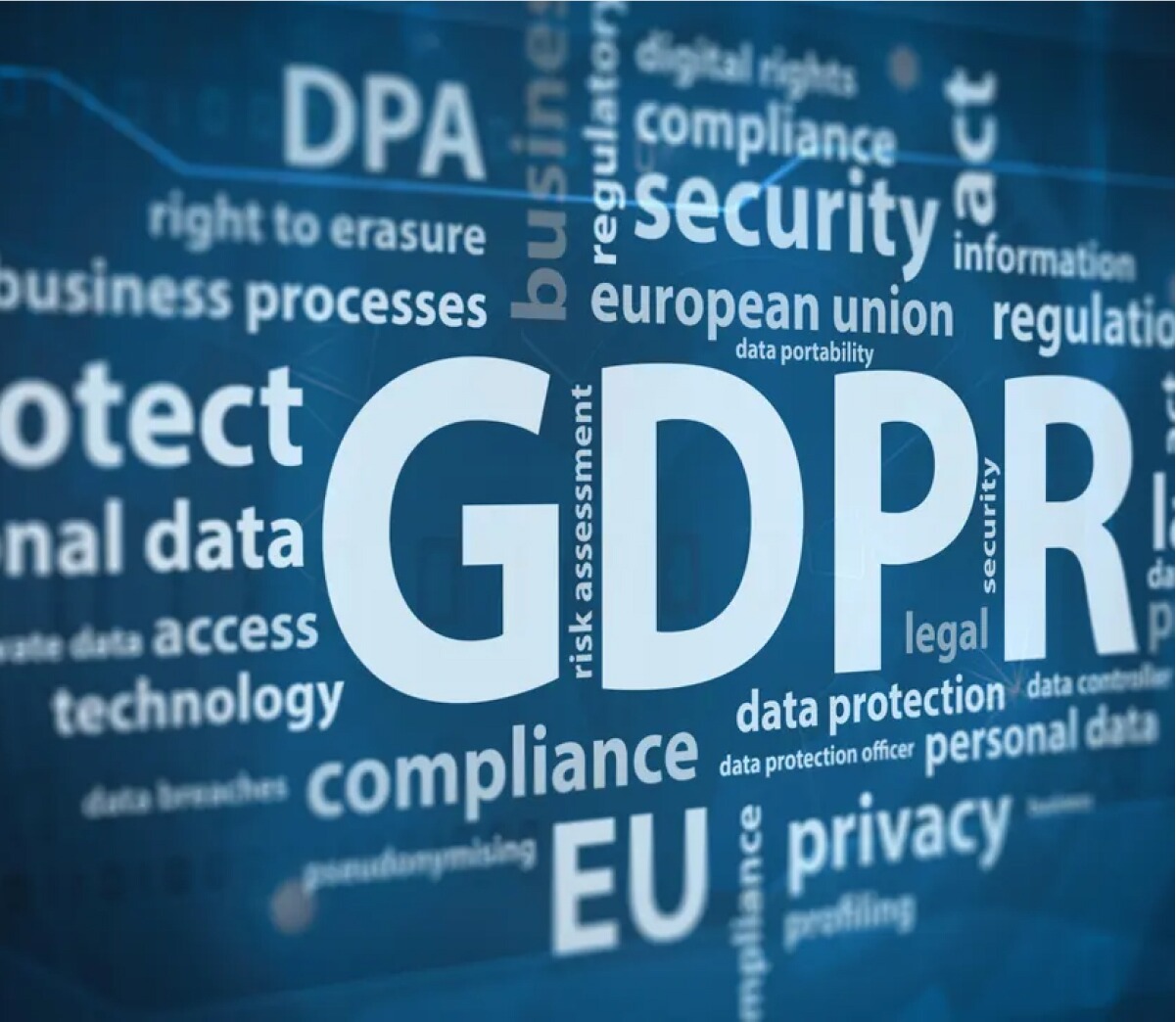Ensuring data security is a top priority for any organization in the digital era. A key tool in this process is the DPA (Data Protection Agreement), a vital document for businesses dealing with personal or confidential data, ensuring their safety and protection.
The DPA outlines how data will be collected, processed, and stored, and how their confidentiality, integrity, and accessibility will be ensured. This agreement also establishes rules for disclosing data to third parties, shielding this information from unauthorized access or leaks.
Importance of DPALegal Protection: The Data Protection Agreement is a legally binding document that helps prevent violations in data protection. Data Control: The agreement ensures control over how data is processed and stored. Access to confidential and personal information is granted only to those employees who have signed the DPA and are committed to strictly adhering to its terms. Legislative Compliance: The DPA assists companies in complying with national and international data protection norms. It also offers certain advantages when expanding to new markets, including foreign ones, and during contracts with new partners. |
Ensuring the Effectiveness of DPACareful Planning: Before drafting a DPA, it is important to clearly define which data will be processed, who will have access, and how they will be protected. Proper Formulation: The DPA should contain clear and unambiguous terms, leaving no room for ambiguity. Agreement Updates: As technologies evolve, it is crucial to regularly review and update the DPA to meet current data protection requirements. Employee Training: It is important that all employees handling personal data are well informed about the DPA's provisions and understand their responsibilities. |
Results of Implementing DPA
Implementing a DPA significantly reduces the risks associated with data processing and storage. Companies using DPA can ensure a high level of trust from clients and partners, strengthening their reputation as a responsible custodian of personal information.
 |
The Data Protection Agreement (DPA) is not just a nod to the times but a mandatory document for ensuring a company's cybersecurity. It is a crucial factor to consider in the operations of any business. We live in a world of information where every byte must be protected from unauthorized access, whether it concerns personal or business information. |
Therefore, for those aiming for a high level of data security, it is recommended to develop or review an existing DPA to ensure its compliance with modern requirements and information protection standards. This will not only safeguard you from legal risks but also enhance your clients' and partners' trust in your company, as well as protect you from legal issues with the state.




